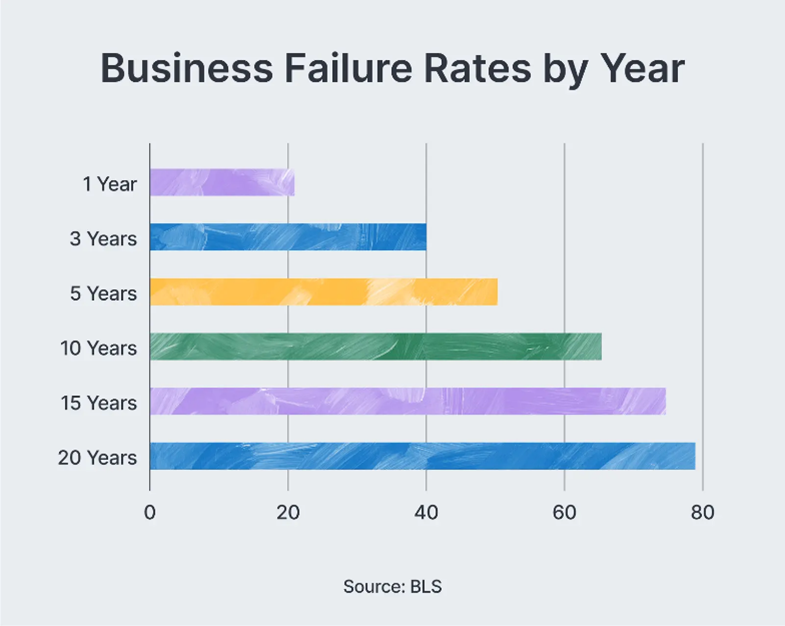Worker Co-ops: A Business Exit Strategy Gaining Momentum
Business Succession Planning III
By: Eric Treworgy
Even in the most active labor, education, and economic markets, selling a successful small business can be surprisingly difficult. In Maine—where we have the oldest population in the U.S.—the challenge is even greater. Finding a buyer who’s both young enough to carry the business forward and financially positioned to buy (with home equity or liquid assets) is often close to impossible.
But there’s a promising solution that’s picking up steam: selling your business to an employee-owned cooperative.
What Is an Employee Co-op?
Unlike Employee Stock Ownership Plans (ESOPs), which are typically viable only for large companies (think $5 million+ in annual revenue), worker co-ops are a more accessible option for smaller businesses. Here’s how it works:
- The business is purchased primarily through a specialized loan.
- Employees buy into the co-op with modest investments—often made via payroll deductions over time.
- Ownership and decision-making are shared among the employee-owners.
Is Your Business a Good Fit?
Not every business is ready to transition to a worker co-op. Here are the key requirements for success:
- ✅ Consistent Profitability: Your business needs to be generating a profit.
- ✅ Prepared Employees: Staff should be experienced and trained in key areas like operations, finance, and sales.
- ✅ Strong Cash Flow: The business must be able to handle loan repayment through its regular cash flow.
- ✅ Owner Readiness: You must be prepared to step back from day-to-day leadership. Some owners remain involved as board members, advisors, or technical contributors.
- ✅ Employee Commitment: Workers need to be willing to learn about running a company and take part in governance and decision-making.
How to Get Started in Maine
You don’t have to do this alone. Maine has robust, free business advising services to help you begin exploring this path.
- CEI offers personalized guidance for business owners.
- Maine Small Business Development Centers (SBDC) advisors can help you evaluate your financials and overall readiness.
When you’re ready to dive deeper, consider connecting with the Cooperative Development Institute. They offer comprehensive support in:
- Structuring your co-op
- Training employees
- Securing financing for the transition
About Eric Treworgy

Would you like help getting your numbers in order or identifying areas to grow value? Reach out—I’d be happy to connect you with free, confidential advising services to guide you through the process.
Eric keeps an office at URCI and is a business advisor for Coastal Enterprises (CEI) in Brunswick, Maine. He has more than 35 years’ of entrepreneurial experience and specializes in business start-up, strategy, sales and marketing, retail, food and beverage, computer software, and operations management. Through CEI, Eric offers free confidential business advising to help navigate the start-up process, your succession planning, and everything in between.





